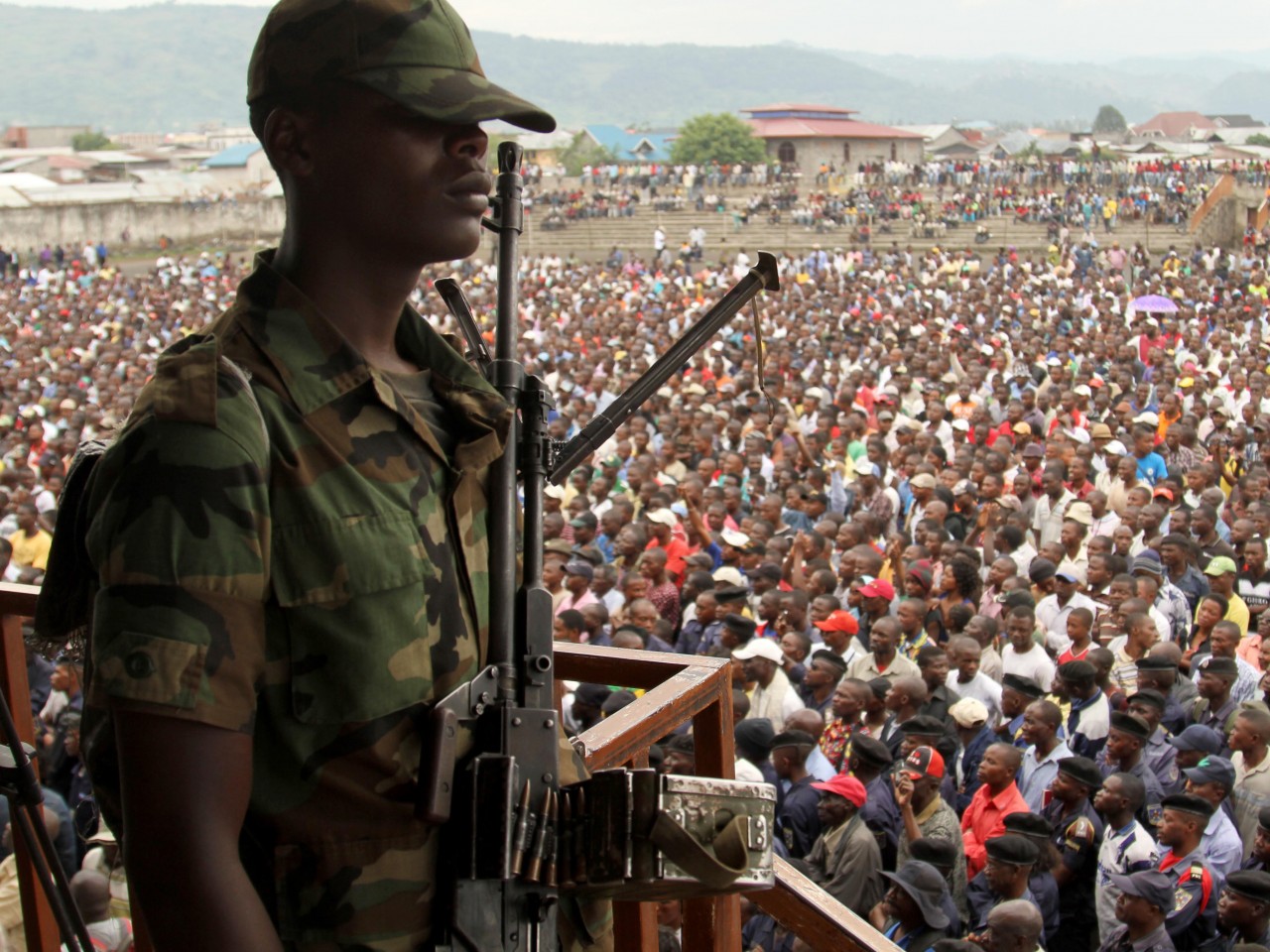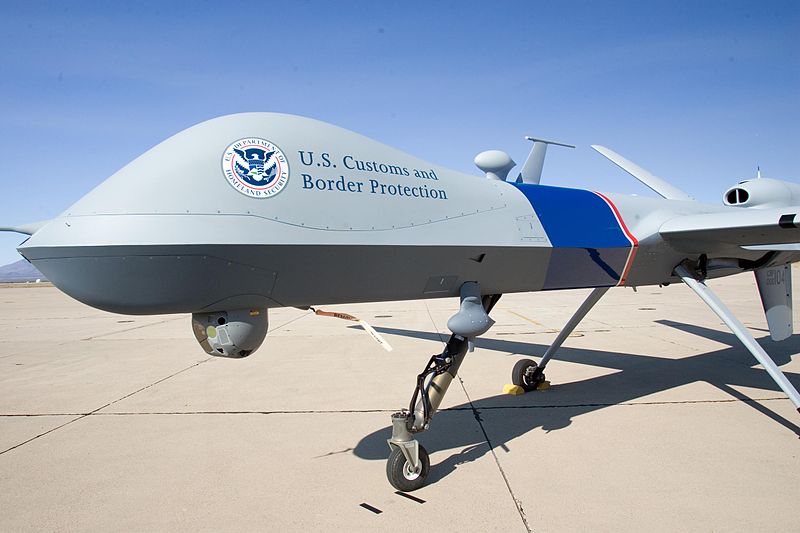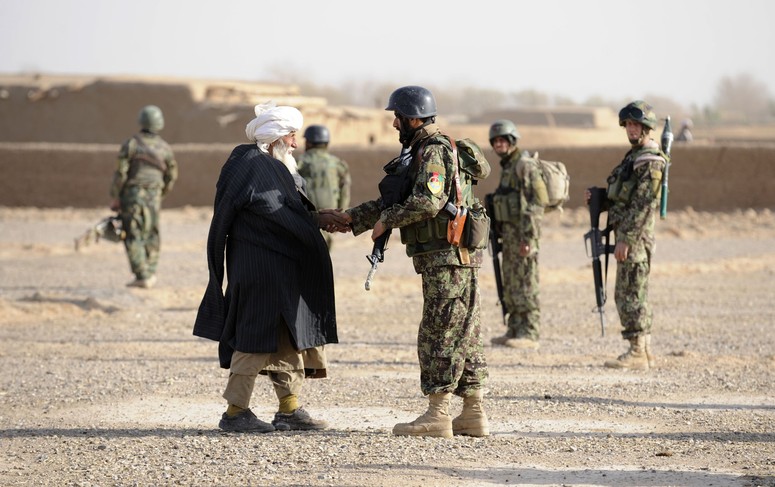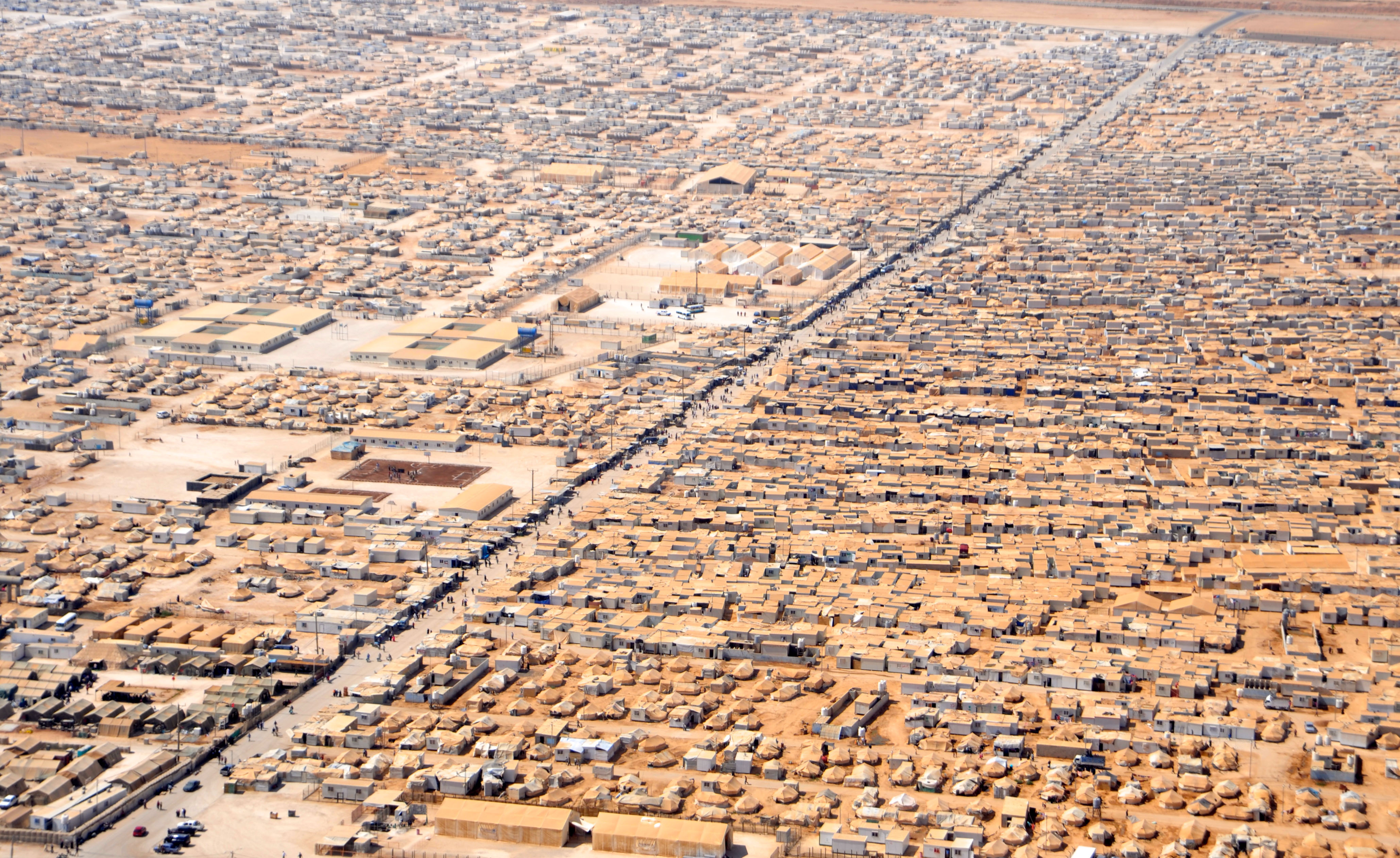On June 24th 2013, Foreign Policy and Fund for Peace released their recent publication “Failed State Index”, in which they analyze 177 countries over 12 different economic, social and political indicators to determine how well or how poorly a state is functioning. Although some debate the methodology and the parameters that are used to construct the Failed State Index, what is unique about it is that it goes beyond the traditional belief that failed states are states with chronic instability, conflict and poor government control. While this is true for many of the states that top this list, analyzing a states success goes far beyond this simplistic definition of what constitutes state failure.
Somalia, the country that has occupied the top spot in the FSI list for the last 6 years in a row is considered by scholars to be the archetypal failed state. It is described by the Fund for Peace as virtually lawless, ungoverned and prone to bitter conflict, fitting with the traditional definition of a failed state. In addition, other countries in the top 10 such as the Democratic Republic of the Congo (DRC), made the list due to chronic human insecurity, conflict and violence, as well as virtual absence of a state. On the other hand, there are states like Zimbabwe, which currently holds the 10th spot, that possess an authoritarian government, but has been weakened due to economic mismanagement and bad governance.
In her article for Fund for Peace entitled, No State is an Island: The Importance of a Multisectoral Approach, Krista Hendry wrote that no state is isolated from the international community, and “pressures in one state, often lead to wider destabilization.” This can be seen in events such as the Eurozone economic crisis, which started with countries like Spain and Greece, yet has had negative impact on most European countries. One thing that is important to remember is that state fragility does not necessarily entail that a state will be a threat to international security. The Eurozone crisis is indicative of this. Despite some social unrest, austerity measures and issues such as high unemployment and the economic crisis did not evolve into a major security issue.
This, however, is not the case for many of the states that find themselves at the top of the Failed State Index, particularly in Africa and the Middle East, many of where nations comprise the top of the Failed State Index. Although many countries in these regions have experienced improvements, including Somalia, the presence of widespread and severe economic, social and political issues has meant that instability does not happen without regional or international implications.
This is notable in North Africa and the Western Sahel. According to Fund for Peace writer Nate Haken, the wave of instability that affected Libya in 2011, has migrated south with the UN Security Council’s Group of Experts reporting that weapons from the 2011 civil war have moved throughout the region. Countries such as Chad, Niger, and Mali witnessed large escalations in conflict during 2012 and countries like Mauritania are experiencing a spill-over from the conflicts in the region in the form of border disputes, and a large influx of refugees.
In an increasingly interdependent world, regional instability and state failure does not happen in a vacuum, and has the potential to present a threat to the international community if unchecked. For example, one indicator of state fragility, the presence of lawless and ungoverned areas has proven to be a threat to international insecurity of which the Southern movement in Yemen (currently ranked 6th on the FSI) is a clear example. These ungoverned areas now provide safe haven for Al-Qaida in the Arabian Peninsula. The same trend can also be seen in the Federally Administered Tribal Areas of Pakistan (ranked 7 and 13 on the FSI), which hosts Al-Qaida, Taliban and many other affiliated terrorist groups.
In the end, it is the unwillingness of the developed countries to effectively deal with the issue of fragility or to selectively intervene when we believe it suits our purpose that is the greatest threat to international security. We can no longer view issues as regional or isolated, but yet countries such as the United States hold on to this belief to a fault. Many developed countries are becoming increasingly selective of how and when they intervene; prioritizing between national security interests and counterterrorism tactics over direct intervention, and nation building. The main problem with this is that it fails to demonstrate a commitment to combat instability and fragility in the world, by allowing regional fragility to fester and threatens the international community more than politicians care to acknowledge.




